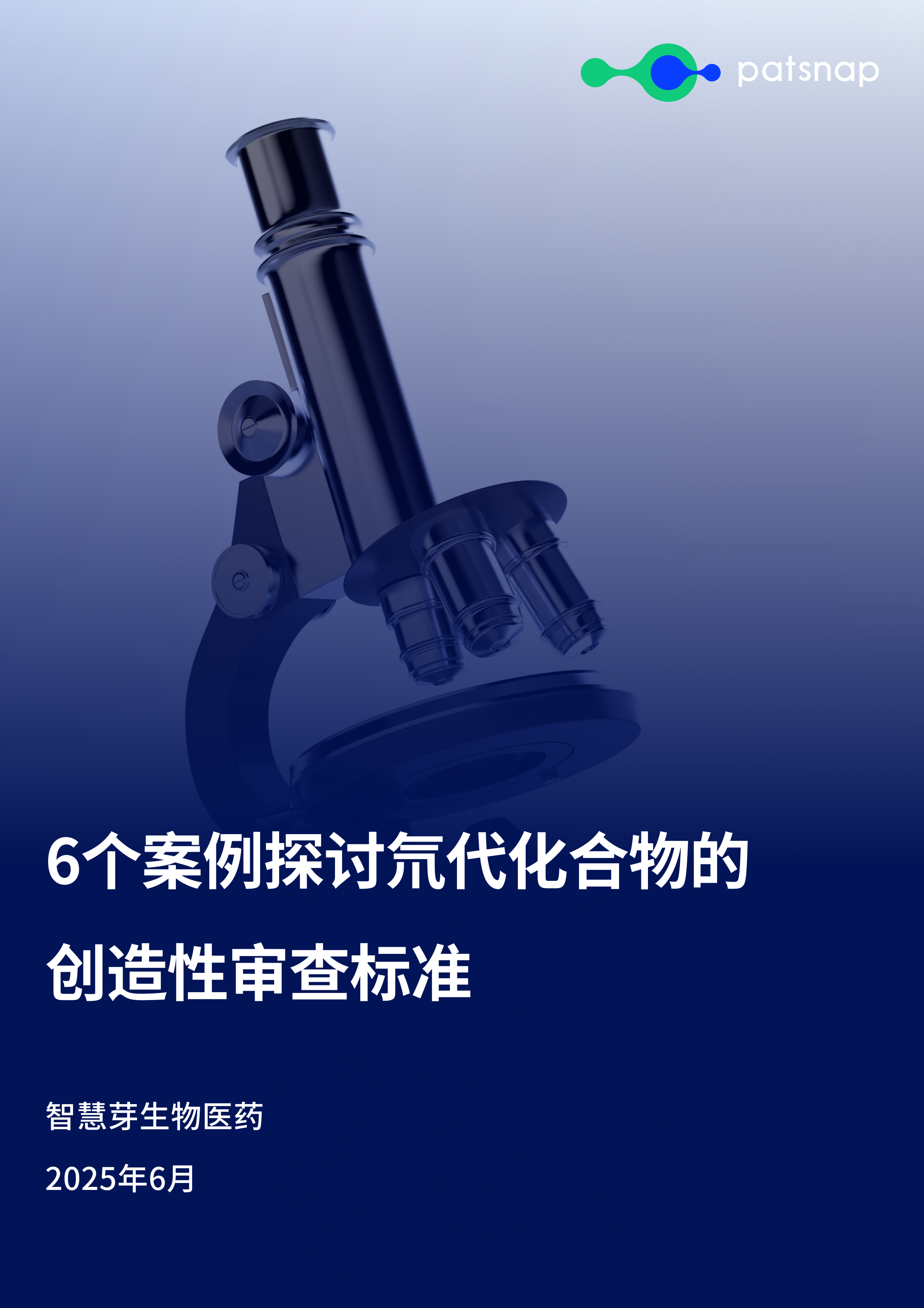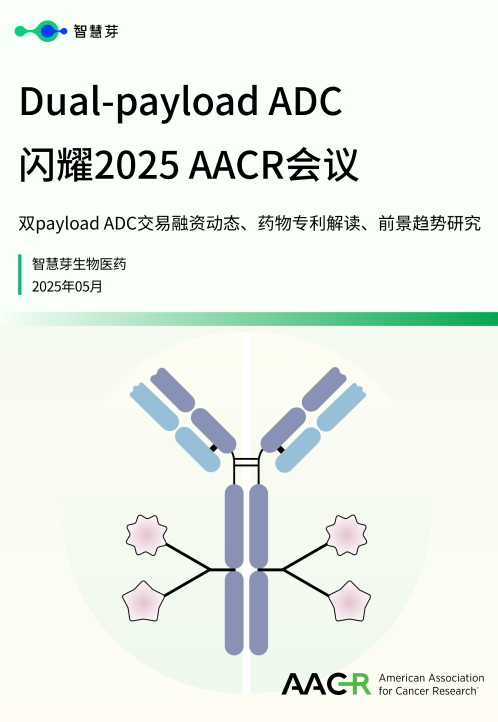预约演示
Researchers make strides in harnessing low-grade heat for efficient energy conversion
2023-09-14
A research team has achieved significant breakthroughs in harnessing low-grade heat sources (<100 °C) for efficient energy conversion.
A team of researchers, jointly led by Professor Hyun-Wook Lee and Professor Dong-Hwa Seo from the School of Energy and Chemical Engineering at the Ulsan National Institute of Science and Technology (UNIST), in collaboration with Professor Seok Woo Lee from Nanyang Technological University in Singapore, has achieved significant breakthroughs in harnessing low-grade heat sources (<100 °C) for efficient energy conversion. Their groundbreaking work focuses on developing a highly efficient Thermally Regenerative Electrochemical Cycle (TREC) system capable of converting small temperature differences into usable energy.
Conventional energy-harvesting systems face challenges when it comes to effectively utilizing low-grade heat sources. However, TREC systems offer an attractive solution as they integrate battery functionality with thermal-energy-harvesting capabilities. In this study, the research team delved into the role of structural vibration modes to enhance the efficacy of TREC systems.
By analyzing how changes in covalent bonding influence vibration modes -- specifically affecting structural water molecules -- the researchers discovered that even minute amounts of water induce strong structural vibrations within cyanide ligands' A1g stretching mode. These vibrations substantially contribute to a larger temperature coefficient (ɑ) within a TREC system. Based on these insights, the team designed and implemented a highly efficient TREC system using a sodium-ion-based aqueous electrolyte.
"This study provides valuable insights into how structural vibration modes can enhance the energy-harvesting capabilities of TREC systems," explained Professor Hyun-Wook Lee. "Our findings deepen our understanding of Prussian Blue analogs' intrinsic properties regulated by these vibration modes -- opening up new possibilities for improved energy conversion."
The potential applications for TREC systems are vast, particularly in wearable technologies and other devices where small temperature differentials exist. By effectively capturing and converting low-grade heat into usable energy, TREC systems offer a promising pathway towards the development of next-generation secondary batteries.
The study findings have been published ahead of their official publication in the online version of Advanced Materials on July 3, 2023. This research has received support from the 2023 Research Fund of UNIST, Individual Basic Science & Engineering Research Program, and the National Center for Materials Research Data through the National Research Foundation (NRF) of Korea, funded by the Ministry of Science and ICT (MSIT).
更多内容,请访问原始网站
文中所述内容并不反映新药情报库及其所属公司任何意见及观点,如有版权侵扰或错误之处,请及时联系我们,我们会在24小时内配合处理。
机构
适应症
-靶点
-药物
Eureka LS:
全新生物医药AI Agent 覆盖科研全链路,让突破性发现快人一步
立即开始免费试用!
智慧芽新药情报库是智慧芽专为生命科学人士构建的基于AI的创新药情报平台,助您全方位提升您的研发与决策效率。
立即开始数据试用!
智慧芽新药库数据也通过智慧芽数据服务平台,以API或者数据包形式对外开放,助您更加充分利用智慧芽新药情报信息。





